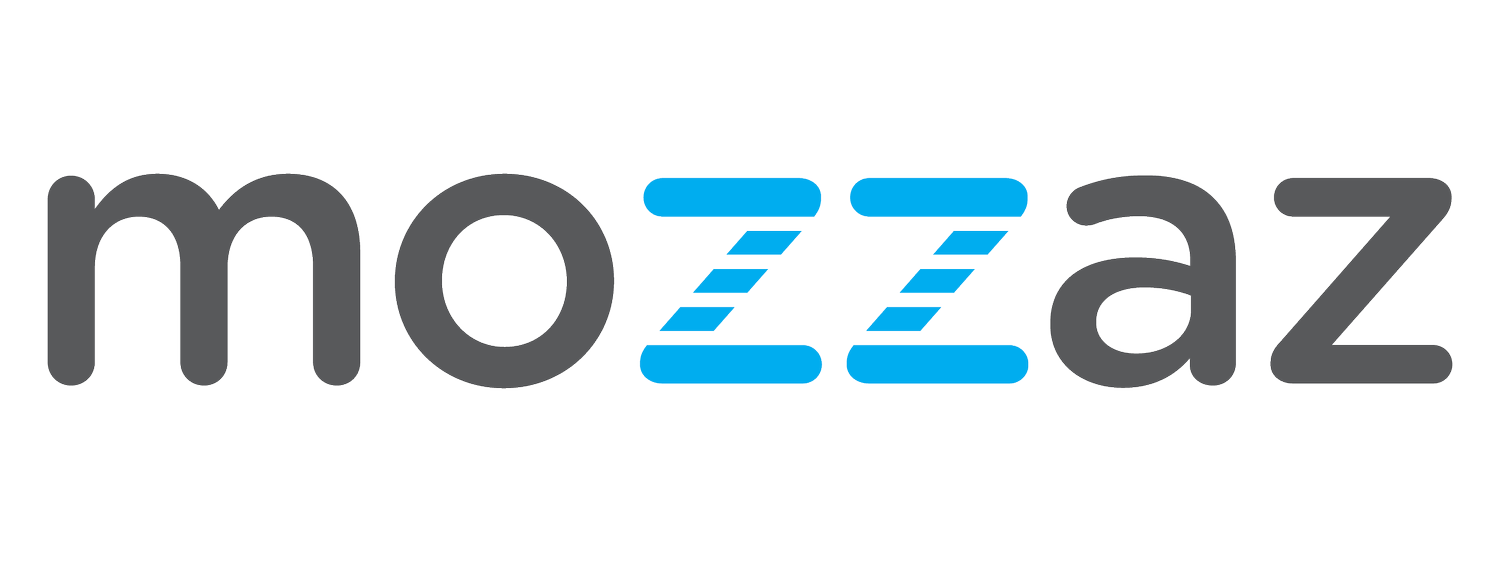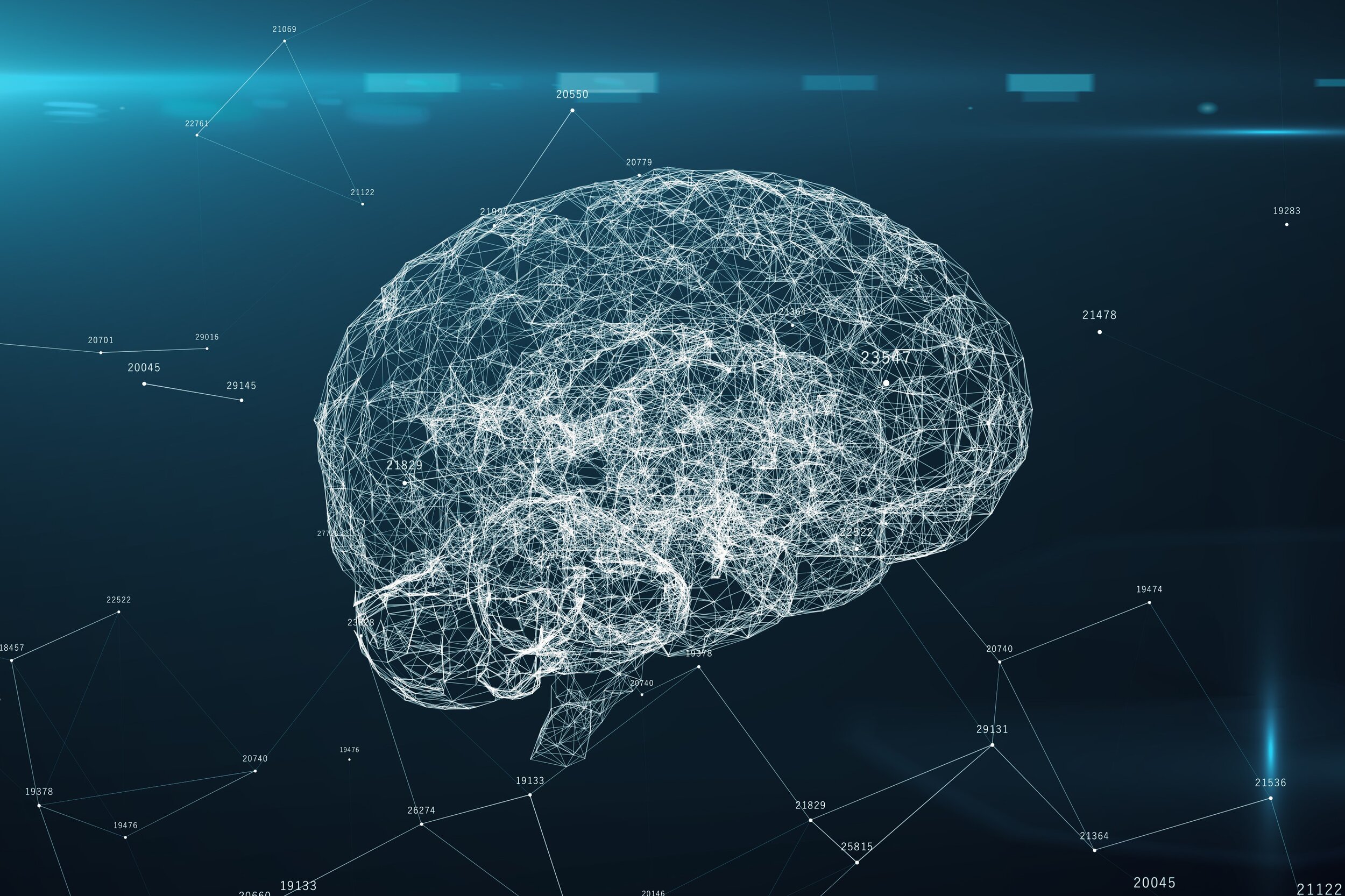Reflection: What’s Next in Digital Mental Health
We thought it fitting to discuss the future of mental health care given this is the last week of Mental Health Awareness Month. Advances in Digital Health solutions, with the use of AI and IoT, are not only limited to physical conditions but are very effective in supporting Digital Mental and Behavioral Health solutions as well.
We’re living in very uncertain times, where the ‘new normal’ is constantly being rethought or adjusted. This uncertainty and the societal measures we’ve all had to take have had a great impact on everyone’s mental health, and these repercussions will be felt for a long time to come. The adoption of IoT devices and predictive analytics within Digital Health solutions are both powerful tools to help monitor and support mental health stresses in real time. Allowing people the freedom to seek support on their own time and in their own space, has the added benefit of giving people control over an important aspect of their lives.
At the beginning of this outbreak we saw a lot of organizations develop and implement Health Chat Bots to help with COVID symptom analysis and tracking, and various other basic Natural Language Processing applications. While this mainstream adoption of health tech is an encouraging forward step for the application of Digital Health solutions, the technology has the ability to reach far beyond a Chat Bot application. Mozzaz has always taken a holistic platform approach to Digital Health. While staying agile and customizable, the solution has many interplaying parts to connect the individual to the care team, and the care team to the clinician. At any point the solution can easily be paired with any AI or IoT technology to offer an even more robust all-in-one platform.
The future of Mental Health technology will most certainly find its foundation in our adaptation to the COVID crisis. This future is discussed in a recent Forbes article: “How AI Can Help Manage Mental Health In Times Of Crisis”, which offers a good outlook on future developments in AI and its applications in developing digital therapists.

